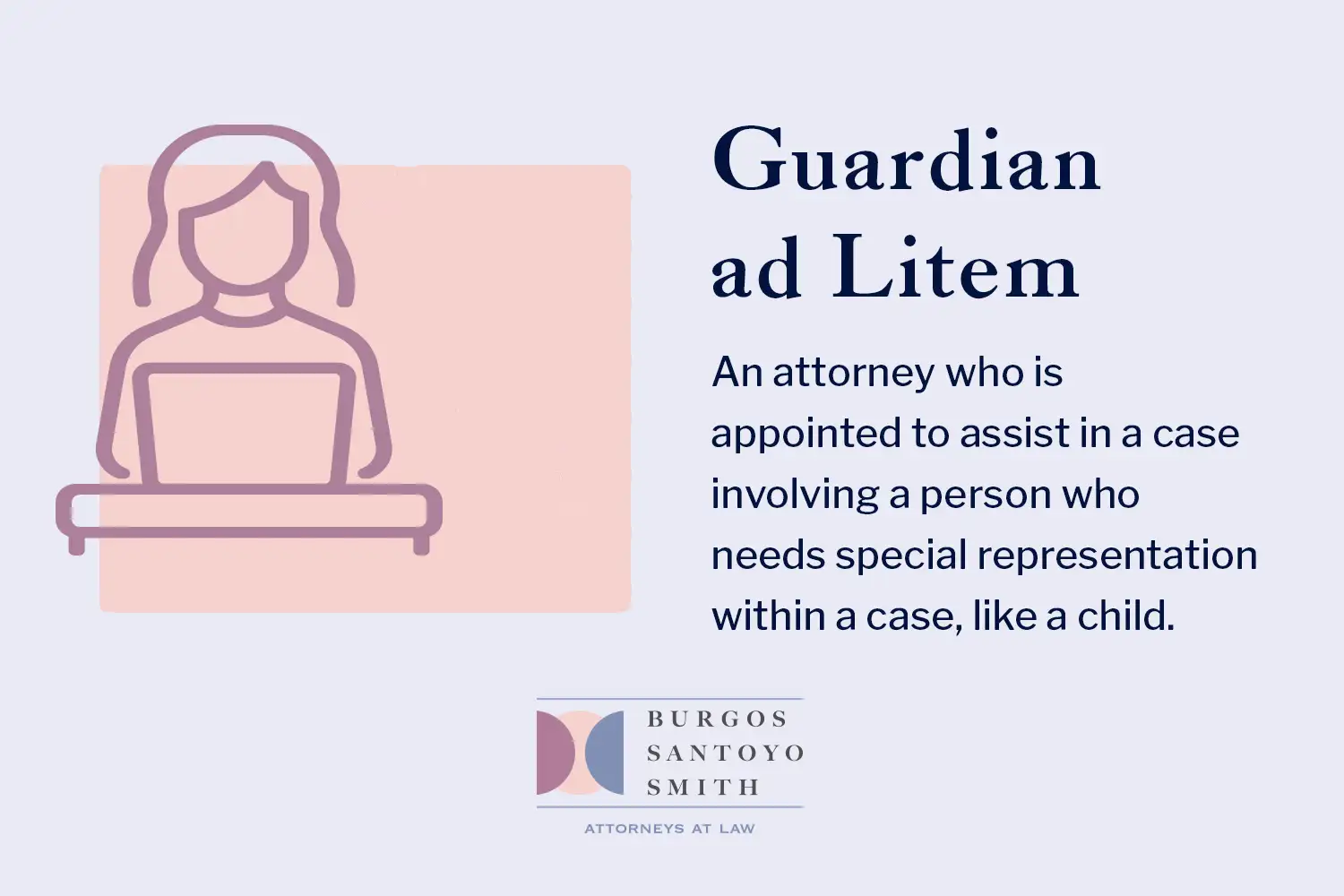A Guardian ad Litem (GAL) is an attorney who is appointed to assist in a case involving a person who needs special representation within a case, like a child.
Where these attorneys are most heavily appointed is in a highly contested divorce or family case with children. The Guardian ad Litem works to investigate the circumstances around the children’s lives to articulate what is in the children’s best interests, according to Illinois law.
A litigant does not typically get to choose the person who is appointed as the GAL. This person is likely appointed without any consideration from the litigants. Generally, the person is selected by either an attorney working on the case or the judge who is assigned to the case. In most cases where there are two attorneys, the attorneys can come to an agreement regarding who they believe will be a good fit for the job. If there is no agreement, the judge will consider the case circumstances and make a final decision on the GAL they will order to be appointed to the case.

For whom does the GAL work?
The GAL works for the court. They are not an attorney for the Petitioner or the Respondent. They are a tool to be used by the Court to help find what is in the best interests of the children involved in a case.
Who pays for the GAL?
The parties to a case will, generally, pay the costs associated with the GAL. Most cases require at least some payment from each party. However, there may be circumstances where one party is required to pay the entire cost of the GAL.
What does the GAL do?
A GAL is required to meet with the parties to the case, and the children involved in the case. They may also meet with additional witnesses as necessary to produce their report to the court. After they have completed their investigation and interviews of all necessary parties, the GAL will produce a written report and recommendation to the judge involved in the case. The GAL has likely spent substantial time interviewing the children, parties, and witnesses in coming to their recommendation. While judges are not bound to order the recommendation of the GAL, they do heavily consider the report.
What goes into a GAL recommendation?
The GAL must complete a report detailing their recommendation. This report describes each of the best interests factors for parenting time and decision-making responsibilities in Illinois.
Do I have to agree to what the GAL recommends?
No. You are not required to agree to the recommendation of the GAL. This will put you in a position where your case is set for trial. At that trial, the court will issue a final ruling regarding your parenting time or decision-making issues.

